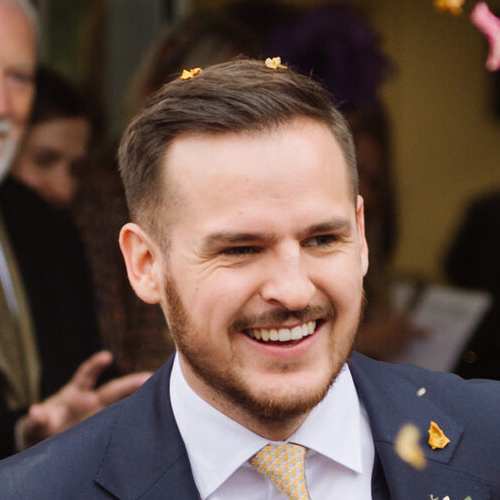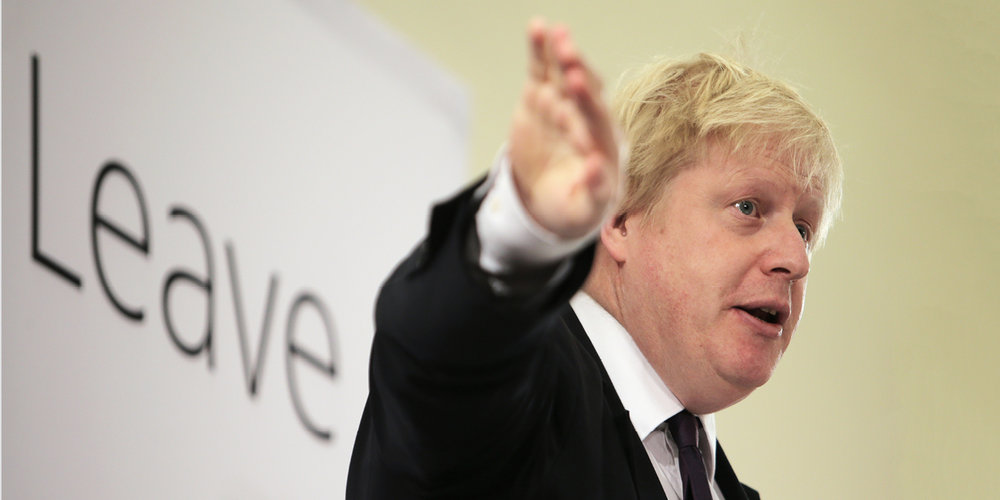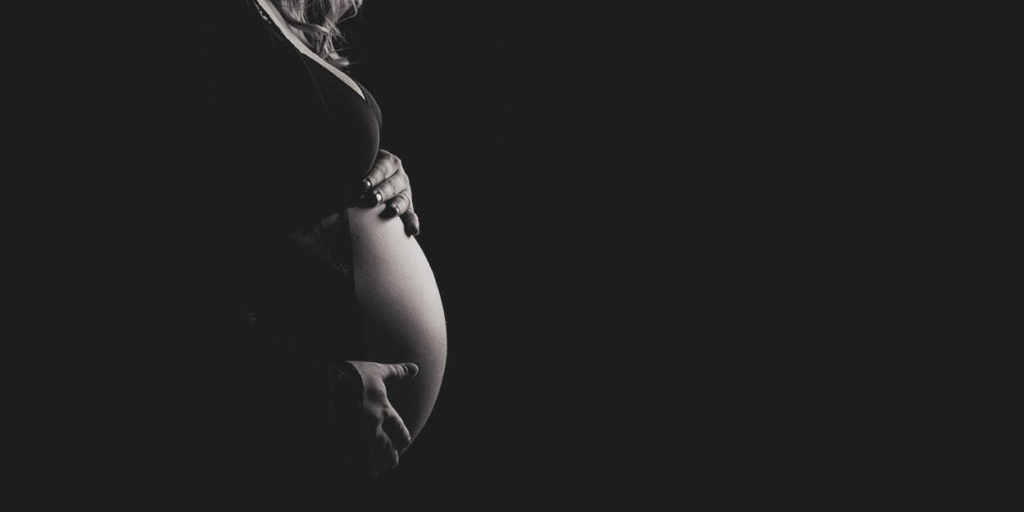The 2019 General Election campaign is finally over.
Most British people take the Brenda from Bristol approach when it comes to elections: they moan “not another one?!” as the ‘Breaking News’ banner flashes up on their phone. Not me – I love general elections. Yes, I know that makes me weird. But I love the cut and thrust of the campaigns and all of the drama entailed.
We all know what the hot topics were: Brexit, the NHS, Boris’ untrustworthiness and Corbyn’s antisemitism. Attack lines were well prepared and repeated over and over again for weeks: “Get Brexit Done”, “Save Our NHS” and so on.
And we now know the result. Given the historic nature of this election, politicians, journalists and political scientists will pore over the details of the contest for years to come.
However, the detail that most interested me did not attract any real attention during the election and will most likely not turn up in any election debrief. My interest was in the fate of the young.
I am not speaking about young voters – they got plenty of attention. Instead, I am speaking about the fate of the youngest in our society: the unborn.
I understand that as you read that, it may be that a certain amount of tension or anger is piqued in you. This subject is particularly emotive, and can turn sour very quickly. Given what is at stake, I can understand that. I would imagine that even calling foetuses ‘the unborn’ may be jarring to some. If so, I would encourage you to consider these helpful questions.
I want first to emphasise that this article is not intended to stigmatise, nor would I ever wish to pile on guilt. Instead, I want to raise this as a (somewhat uncomfortable) item of discussion which has largely been ignored. I hope that you are able to engage with this subject; in a democracy it is important that we can disagree, even forcefully, with each other in order that we can grow and develop.
Abortion is an issue conspicuously absent from our political debate these days, featuring very rarely in anyone’s political consciousness. I suppose you might say that this makes sense. Polling suggests that 92% of people in the UK think that women should have access to abortion services, and only 18% of the electorate think that abortion is immoral. So what is there to discuss?
Well, when you dig deeper into the polling on this issue, it seems that there is actually much to be discussed. More detailed polling questions have found that 70% of women actually want the time limit for abortion to be lowered, with 59% wanting it lowered to 16 weeks or less. So it is clear that there is some unease in this country about the way we are treating the unborn. The debate is not as closed as you might believe.
But in a time when we’re trying to negotiate our exit from the EU, when homelessness is spiking, the NHS is struggling, and food banks are proliferating, why would we need to debate abortion now? Why would we even want to?!
Well firstly, because we know the science: 21 days after fertilisation, a baby’s heart starts beating; in the 4th week, the baby’s brain grows by 25%; in the 5th week, the baby doubles in size; in the 6th week, brain waves and small bodily movements can be detected and the baby can recoil from pain; in the 7th week the heart is fully formed and little fingers and toes can be seen; in the 8th week, every organ is present and in place.
Knowing all of this, how can we draw an informed line as to when life begins? It seems to me that from the earliest point, foetuses begin to take on the features that we would associate with personhood. I therefore find it amazing that we are willing to draw such arbitrary cut-off dates when the stakes are so high.
The silence in this election has been particularly troubling for me because a number of the political parties standing are actually advocating changing these cut-off dates (and much else) in a radical departure from the current legal position. It has not been widely publicised, but buried in the Labour Manifesto is a promise to completely decriminalise abortions, making them legal up until birth for any reason. The Greens have made a similar pledge, and the Lib Dems have promised to decriminalise abortions up to the present time limit – meaning that unborn babies would have all legal recognition removed prior to 24 weeks. I would imagine that a lot of people reading this were actually unaware of, and may be surprised by, these proposed changes. Given what we know, this feels like too important a topic to ignore.
Secondly, it’s important we debate abortion because it speaks to the kind of society we are. We are a society that, on the whole, prides itself on the fact that we are more compassionate than our predecessors. The famous Ghandi quote resonates with us, and is often quoted when we talk about poverty, race and such issues of injustice: ‘the true measure of any society can be found in how it treats its most vulnerable members’. This quote reminds us that we have a moral duty to stand up for the oppressed and powerless. Never is the need to stand up for the powerless more pressing than when it comes to the unborn: they are completely vulnerable to the will of those who care for them.
Please hear me: I am not arguing that women who seek abortions are not also vulnerable. In fact, I believe that women deserve so much more. Abortion is often presented as a ‘solution’ to the inequalities and hardships they face. It holds the promise of freedom. Yet the reality is that many women suffer too as a result of their abortions. Studies suggest that women who undergo an abortion experience an 81% increased risk of mental health problems, and that abortion puts future pregnancies at risk. My contention is that we are ignoring the health of women, as well as babies, when we promote abortion as a ‘route out’ that will solve their problems. Political parties are presenting abortion as a matter of women’s rights, and yet they seem indifferent to the suffering of women caused by abortion.
Having said that, I do believe that the injustice done to the unborn is far greater. The current state of play in the UK is that unborn babies are having their personhood denied, and are being aborted with the full sanction of the law. Not only that, but mainstream political parties are calling for the right for doctors to terminate the lives of babies right up to the point where they could take their first breath. This is the most shocking of injustices.
Ultimately, I think that this matter is too important, and too complex, to be undertaken in the shadows and without proper debate. We are not talking about conceptual economic or political theories (as important as those are). This is a matter of life and death, which goes to the heart of the value of human life. We cannot ignore it any longer, much less allow political parties to sneak radical commitments into their manifestos. If abortion is this important to our politicians, it’s time we reopened the conversation and they pay attention to what the electorate really think.
If you’ve been affected by abortion and want to talk it through with someone, the Pregnancy Choices Directory offers free and confidential, non-judgemental help.




